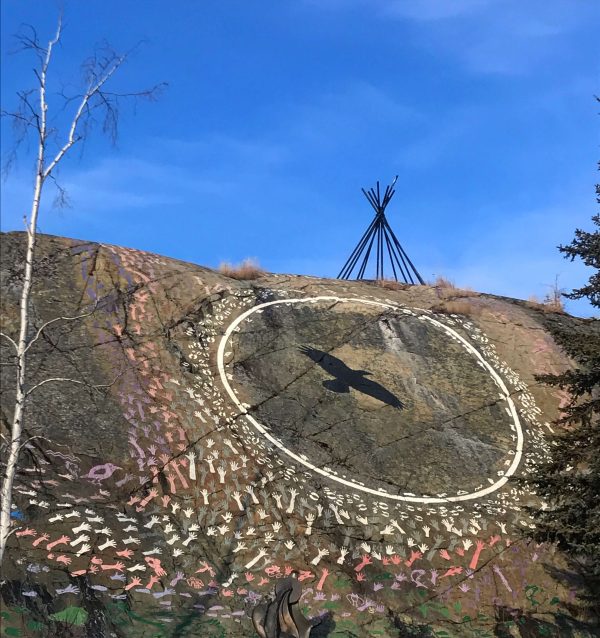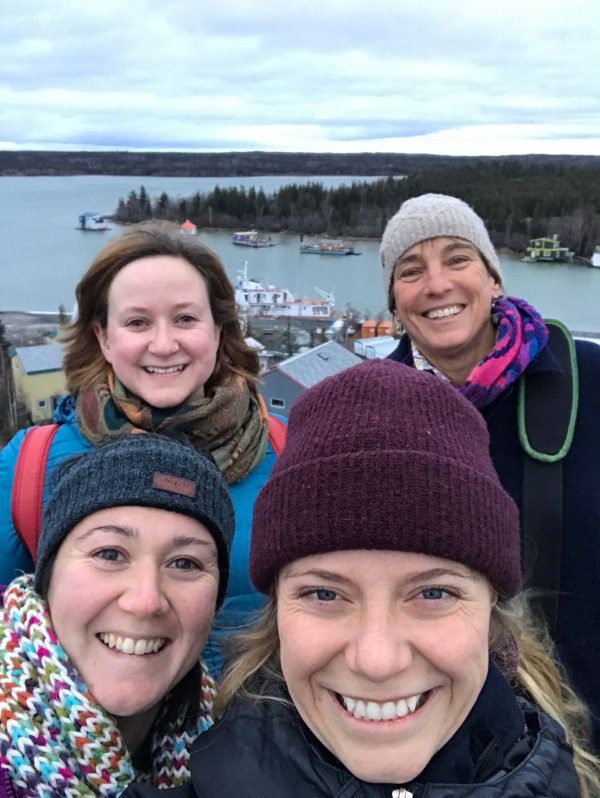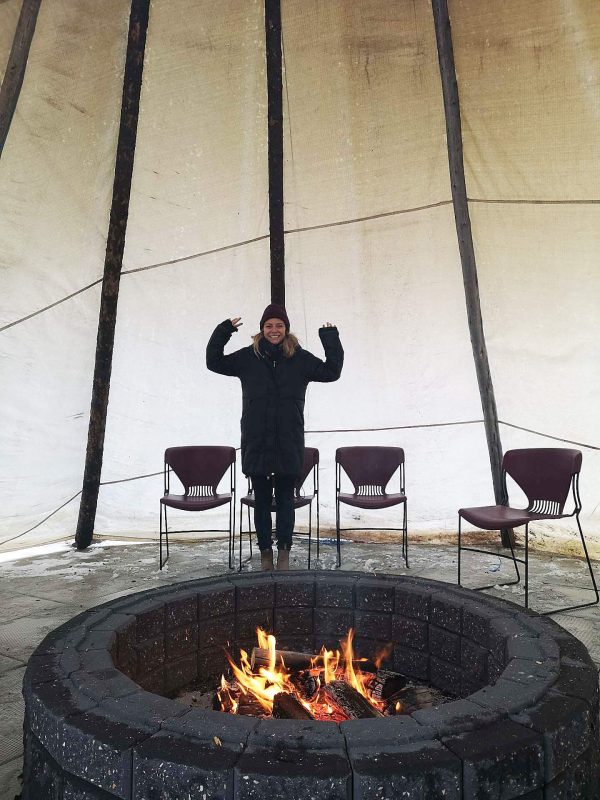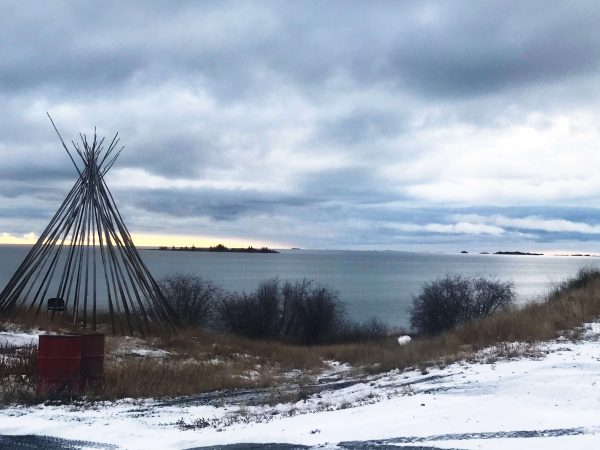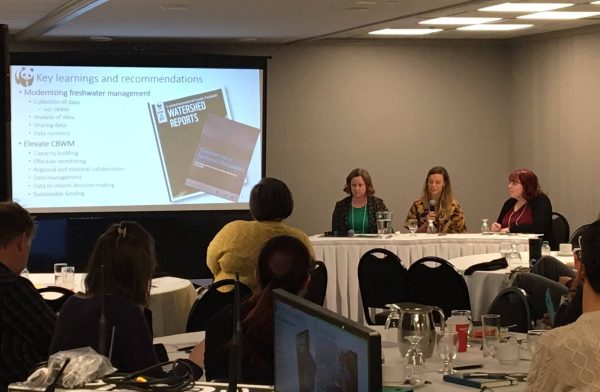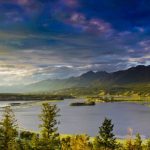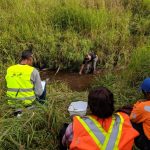Taking in teachings from Northern Canada’s water stewards
Last October, Living Lakes Canada visited the Northwest Territories (NWT) to learn and share about community-based monitoring experiences in Northern Canada and beyond. Living Lakes Canada attended and presented at both the NWT Water Stewardship Strategy in Dettah, NWT and the Canadian Aquatic Biomonitoring Network (CABIN) Forum in Yellowknife, NWT.
The NWT has strong, Indigenous-led water monitoring programs that Living Lakes Canada has used as a model for community-based water monitoring initiatives in other regions of Canada, including the Columbia Basin.
The 10th Annual NWT Water Stewardship Strategy Implementation Workshop theme for 2019 was Northern Waters in a Changing Climate. Stories, ideas and the recent climate change research findings were shared by water partners working in various sectors from across the NWT.
Elders shared stories of the rapid change of the species present on the land, the current state of the land, and how these changes are impacting local daily life and culture. Researches spoke about climate change impacts such as slumping due to permafrost melt.
The workshop took place at the Chief Dry Geese Centre, a beautiful, circular, naturally lit building that overlooks Great Slave Lake. It was a setting that evoked the spirit of collaboration, relationship building and shared learning among attendees.
The 5th biennial CABIN Forum brought users of the CABIN protocol from across Canada together including Indigenous Peoples, community watershed stewards and scientists, all levels of government, and academia. The Forum provided an opportunity to focus on biomonitoring for the protection of freshwater ecosystem health in the north and across Canada. Potential future CABIN users were invited to learn about current CABIN activities, and share water monitoring experiences and local knowledge.
At the CABIN Forum, Living Lakes Canada shared experiences, challenges and lessons learned from leading the CABIN field practicum training across Canada over the last 5 years, as well as successes from the first year of the STREAM project, the national community-based water monitoring initiative using the new technology of DNA metabarcoding.
“The cross-sector collaboration, along with the strong community participation and motivation for watershed protection that we witnessed, provided lessons and knowledge for us to bring back, share and implement within our communities,” said Living Lakes Canada Program Manager Raegan Mallinson. “We are grateful for the experience and shared learning that the water stewards of the north provided.”
Click on photos below to enlarge.


